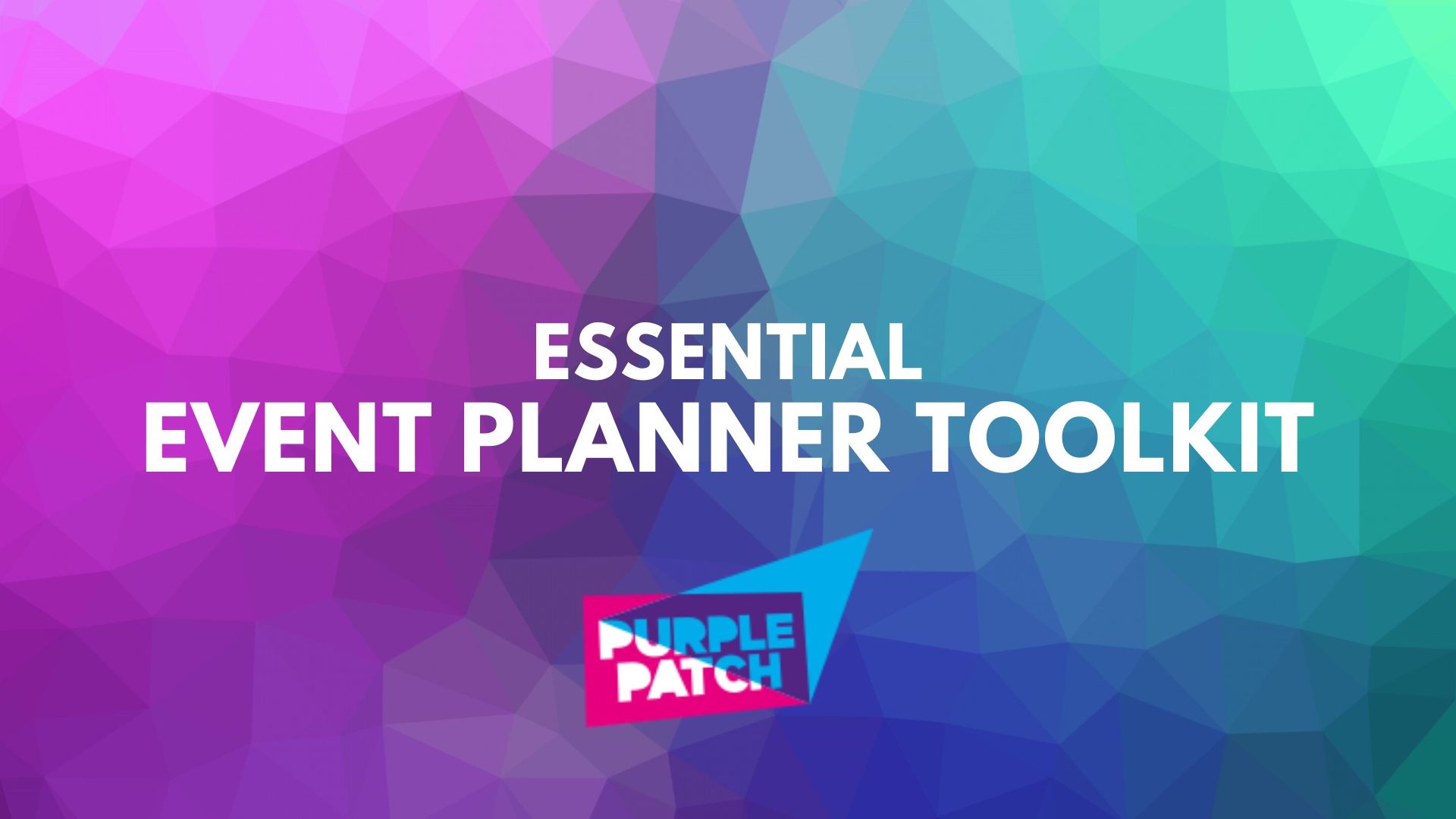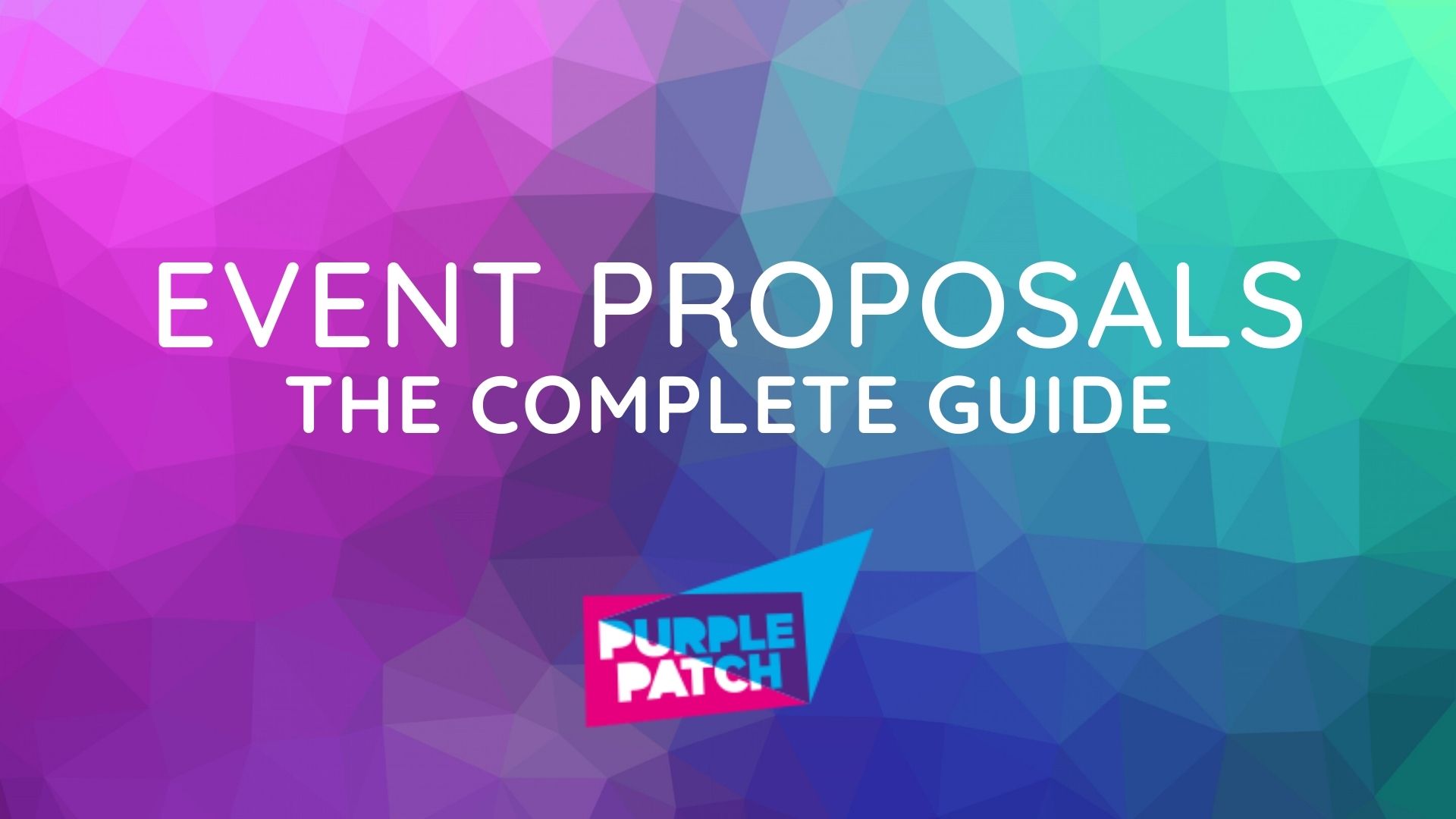Event planning is an exciting yet demanding profession. It requires organisational skills, effective communication, and the ability to juggle multiple tasks simultaneously. To excel in this field, having a well-prepared event planning toolkit is essential.
In this article, we will share the essential event planner toolkit, with a list of tools and strategies that can take the stress away from the corporate event planning process, reduce challenges and ensure seamless execution. Whether you’re a seasoned professional or new to the industry, these essentials will help you navigate the complexities of event planning with confidence. So, without further ado, let’s dive right in!
Event Planning & Management
Calendar and Scheduling Software
One of the fundamental aspects of event planning is managing timelines and deadlines. Calendar and scheduling software are invaluable tools for keeping track of important dates and appointments. These digital tools offer features like reminders, shared calendars, and integration with other applications, allowing planners to organise their schedules efficiently. The ability to set recurring events and receive notifications helps prevent any critical deadlines from being overlooked.
Task Management Apps
In addition to scheduling, managing tasks is crucial for ensuring that every aspect of an event is covered. Task management apps offer a structured way to assign, track, and complete tasks. These platforms allow planners to create detailed to-do lists, set priorities, and delegate responsibilities to team members. Visual boards, checklists, and progress tracking features make it easier to monitor the status of each task, ensuring nothing falls through the cracks.
Project Management Software
Project management software is a necessity for planning larger events. These tools offer Gantt charts, resource management, and advanced scheduling features. They enable planners to break down the event into manageable phases, allocate resources efficiently, and track the progress of each phase. This level of detail helps in identifying potential bottlenecks and ensures that the event proceeds according to plan.
Database of Trusted Vendors and Venues
Building a reliable network of vendors and venues is a key aspect of successful event planning. Having a comprehensive database that includes contact details, services offered, and pricing information can save time and effort when sourcing suppliers. Planners should include a variety of options to cater to different event types and budgets. Maintaining notes on past experiences with vendors and venues can help in making informed decisions and negotiating better deals.
Communication
Email Communication
Effective communication with clients, vendors, and team members is paramount in event planning. Email management systems streamline this process by allowing planners to organise and automate their email correspondence. These tools provide templates for professional communication, track engagement, and offer analytics to measure the effectiveness of outreach efforts.
Instant Messaging Apps
While email is essential for formal communication, instant messaging offers quick and direct ways to communicate. These platforms are ideal for real-time updates, urgent queries, and quick decision-making. Instant messaging allows planners to stay connected with their team, vendors, and clients, facilitating swift responses and collaboration. Group chats, file sharing, and voice call features enhance the functionality of these apps, making them indispensable for on-the-go communication during event planning and execution.
Video Conferencing Tools
Video conferencing tools enable planners to conduct virtual meetings with clients, vendors, and team members, regardless of their location. Features such as screen sharing, virtual whiteboards, and recording capabilities enhance the effectiveness of these meetings.
Budget Management
Budget Tracking Software
Keeping a close eye on finances is crucial for event planners. Budget tracking software, such as Excel and QuickBooks, offers a structured approach to managing event expenses. These tools enable planners to create detailed budgets, track expenditures, and forecast future costs. By maintaining accurate financial records, planners can ensure they stay within budget and avoid unexpected expenses. Regularly updating the budget allows for adjustments and reallocations as needed, providing a clear picture of the event’s financial status at any given time.
Detailed Financial Records and Updates
A comprehensive budget includes various categories such as venue costs, catering, décor, entertainment, and contingency funds. Keeping detailed records of all transactions and regularly updating the budget ensures transparency and accountability. This practice not only helps in avoiding overspending but also assists in identifying areas where savings can be made. Regular financial reviews with clients can provide reassurance and allow for timely decision-making, ensuring the event remains financially viable.
Cost-Saving Strategies
Implementing cost-saving strategies can help planners stay within budget without compromising the quality of the event. This might include negotiating better rates with vendors, opting for off-peak times for venue bookings, and seeking sponsorship or partnerships. Planners can also explore creative solutions such as DIY décor or digital invitations to reduce costs. By being resourceful and strategic, planners can deliver outstanding events while managing expenses effectively.
Preparedness
Contingency Plans for Unforeseen Circumstances
Having contingency plans to ensure smooth operations is quite crucial. This includes having backup vendors, alternative venues, and extra staff on standby. Planners should prepare for potential issues such as inclement weather, technical failures, or vendor cancellations. Communicating these plans with the team and clients ensures everyone is prepared to handle emergencies effectively. Real-life examples, such as a sudden change in weather requiring a swift switch to an indoor venue, highlight the importance of being prepared for the unexpected.
Checklist for Risk Assessment
Conducting a thorough risk assessment before the event can help identify potential hazards and plan accordingly. This might involve evaluating the venue for safety, ensuring compliance with health regulations, and having insurance coverage for various scenarios. This is why it’s a good idea to keep a checklist ready for proper risk assessment.
Event Marketing and Promotion
Social Media Management Tools
Effective marketing is crucial for the success of any event. Social media management tools allow planners to schedule and track social media posts across multiple platforms. These tools help in creating a consistent online presence, engaging with the audience, and monitoring the performance of social media campaigns. By planning posts in advance and analysing engagement metrics, planners can optimise their social media strategy to reach a broader audience.
Email Marketing Software
Email marketing remains a powerful tool for event promotion. You can use email marketing platforms to create, send, and manage email campaigns. It’s now easier than ever to design visually appealing emails, segment your audience for targeted communication, and track open and click-through rates. Automated email sequences can keep potential attendees informed and engaged, leading to higher registration rates and better event turnout.
Event Registration Platforms
Managing attendee registrations and ticket sales efficiently is essential. Event registration platforms provide a seamless process for attendees to register, purchase tickets, and receive confirmations. These platforms offer customisable registration forms, secure payment processing, and integration with other marketing tools. By using these platforms, planners can streamline the registration process, track attendee numbers, and generate reports to analyse event performance.
On-Site Coordination
Staff Scheduling and Coordination Tools
Efficiently managing staff schedules and coordination is essential for proper event management. These tools enable event planners to organise shifts, assign roles, and communicate with team members. These platforms provide functionalities for creating work schedules, tracking hours, and handling any last-minute changes. By using staff scheduling and coordination tools, planners can ensure that all tasks are covered and that staff members are well-informed about their responsibilities and timings.
On-Site Check-In Systems
Efficient on-site check-in systems streamline the process of welcoming attendees. These systems allow for quick and organised check-ins using barcode or QR code scanning, reducing wait times and enhancing the overall attendee experience. They also provide real-time data on attendance, which helps in managing crowd control and addressing any last-minute issues. By integrating on-site check-in systems, planners can improve the efficiency of the registration process and ensure a smooth entry experience for all attendees.
Event Dashboard and Analytics
An event dashboard provides a real-time overview of various metrics and performance indicators throughout the event. Such tools offer features for tracking engagement, managing schedules, and monitoring logistical elements. Event dashboards can also include analytics on attendee behaviour, session attendance, and social media interactions. By leveraging these insights, planners can make informed decisions on the go, optimise event operations, and address any emerging issues promptly.
Post-Event Evaluation and Reporting
Event Evaluation Tools
Gathering feedback from attendees is crucial for assessing the success of an event and identifying areas for improvement. Tools like Google Forms and SurveyMonkey offer simple and effective ways to create and distribute post-event surveys. These surveys can cover various aspects of the event, including content quality, logistics, and overall satisfaction. Collecting and analysing feedback helps planners understand attendee experiences, measure the effectiveness of different elements, and gather actionable insights for future events.
Performance Reporting Software
After the event, analysing performance data and generating reports is essential for evaluating success and planning improvements. Software like Tableau and Google Data Studio provides advanced data visualisation and reporting capabilities. These tools allow planners to create detailed reports on attendance, engagement metrics, financial performance, and other key indicators. By using performance reporting software, planners can assess the outcomes of the event, identify strengths and weaknesses, and make data-driven decisions for future events.
Final Thoughts
Equipped with these eight essentials, event planners can navigate the complexities of their profession with confidence and finesse. Whether you’re managing a small corporate gathering or a large-scale conference, the right tools and strategies can make all the difference in delivering a seamless and memorable event.
At Purple Patch, our experienced event planners are well-equipped with all the essentials needed to handle any corporate event, regardless of its scale. From meticulous planning and seamless communication to budget management and engaging attendees, we ensure every detail is taken care of to create a memorable event experience. To learn more about how we can bring your vision to life and make your next corporate event a resounding success, contact us today!



